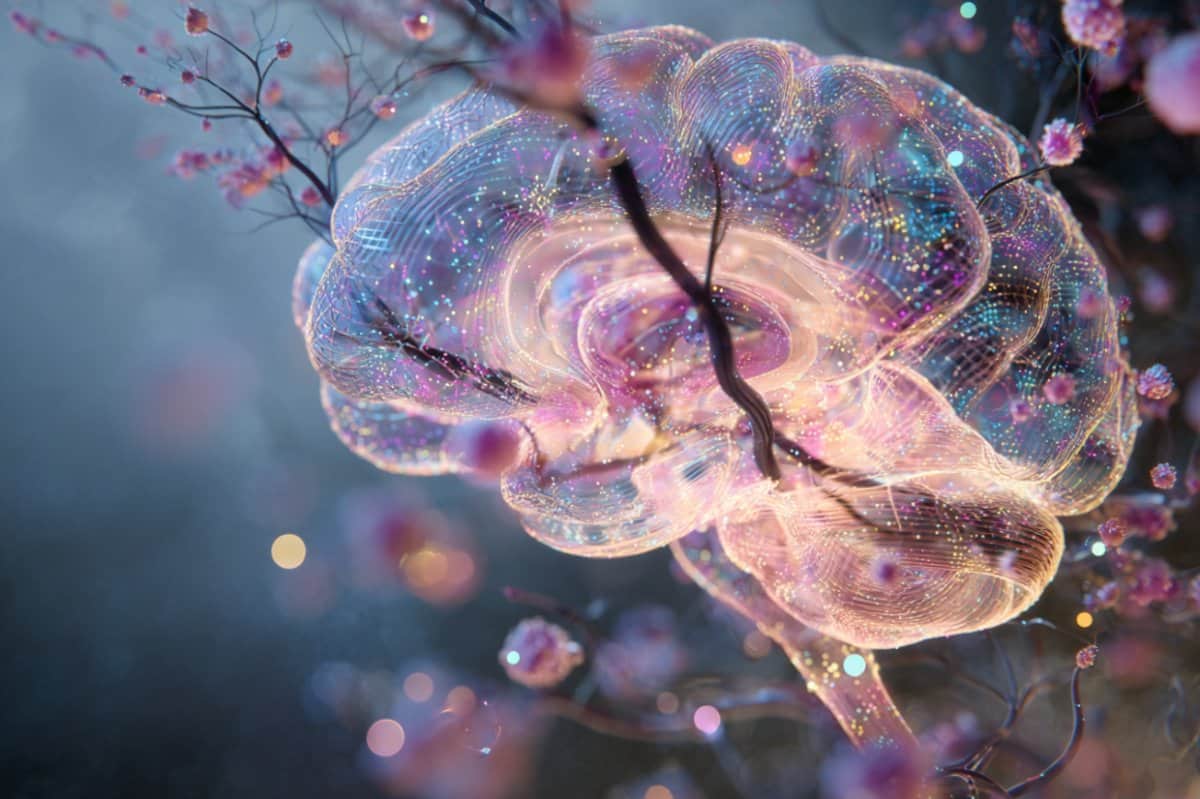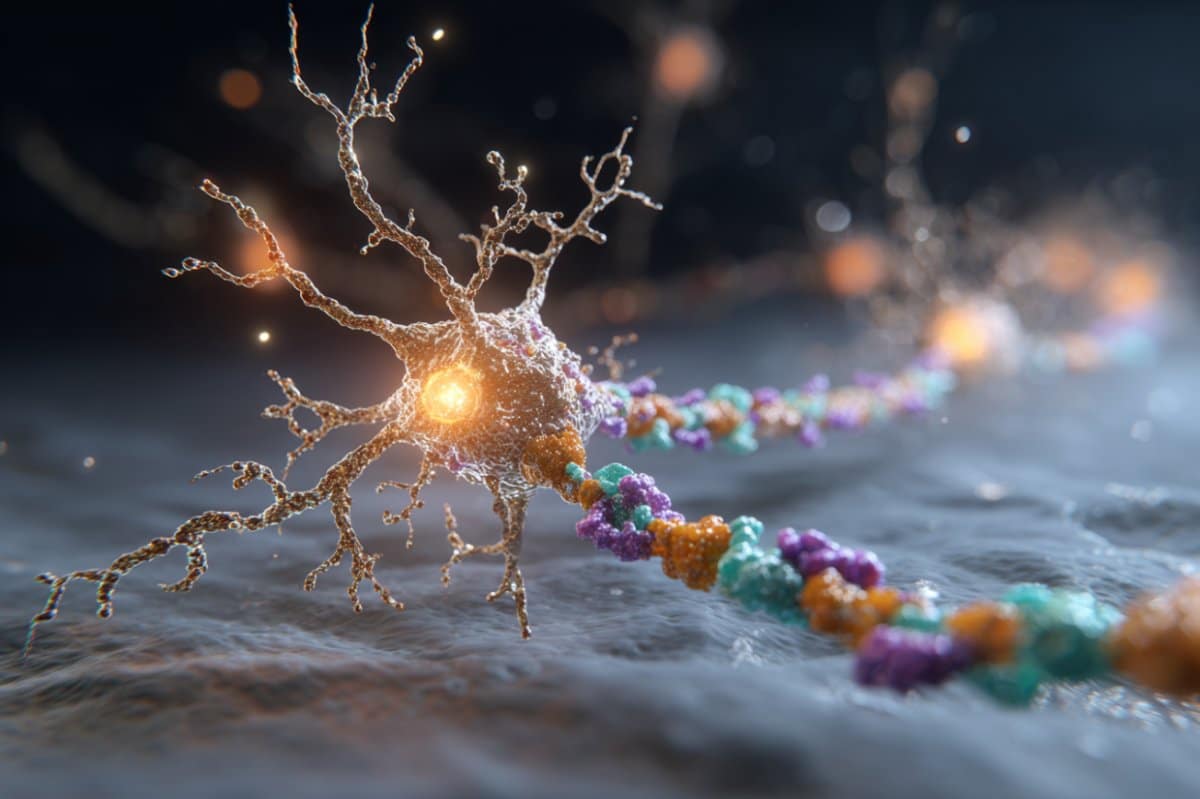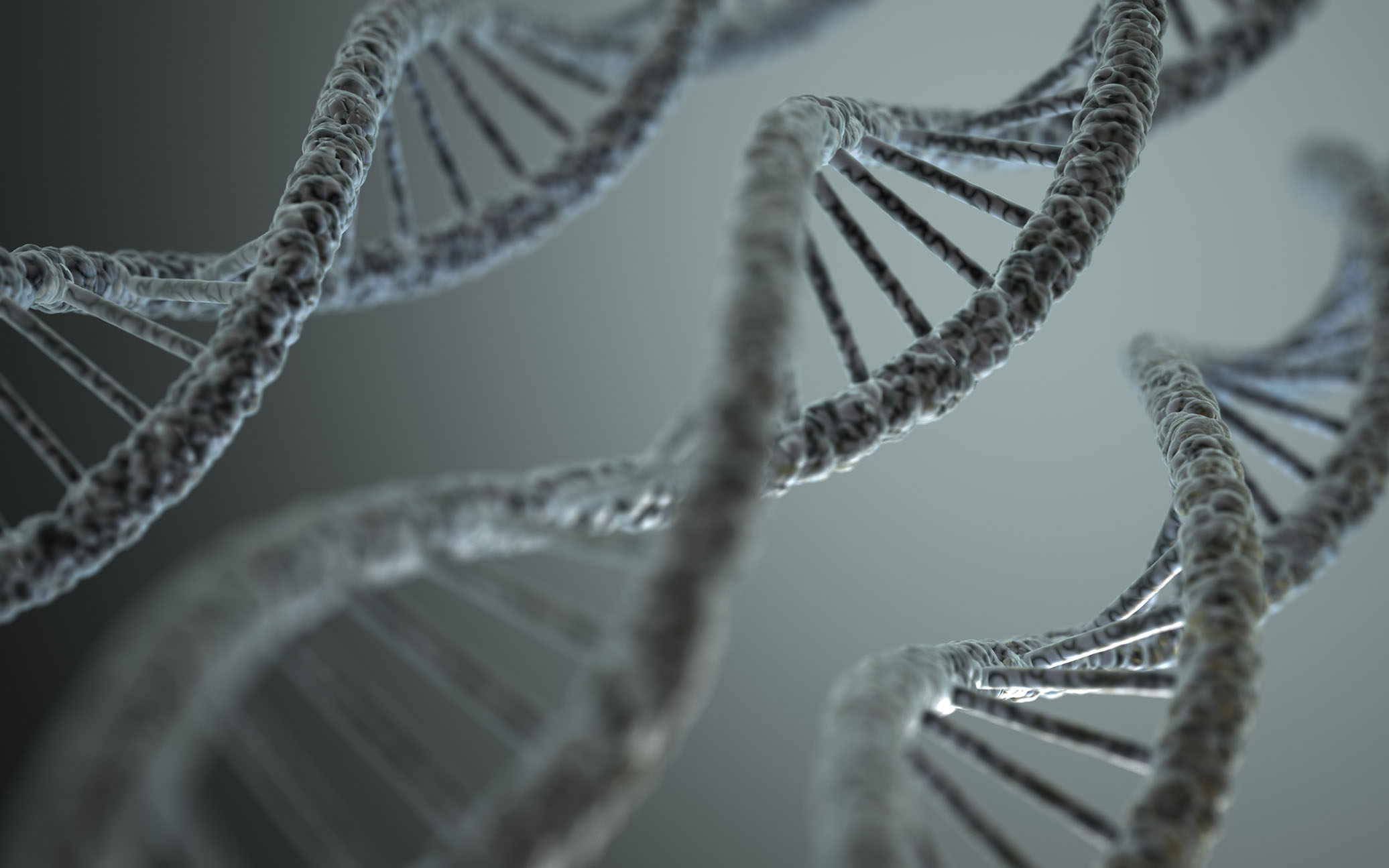T4K3.news
Discovery of four autism types could revolutionize treatment
Research reveals four autism subtypes based on genetic profiling, altering treatment approaches.

Researchers identified four autism sub-types linked to different genes, helping improve diagnosis and treatment.
Discovery of four autism types may change treatment
Researchers at Princeton University and the Simons Foundation have identified four distinct subtypes of autism, reshaping the understanding and treatment of the condition. The study, which analyzed data from over 5,000 children, emphasized a new approach to diagnosis by focusing on individual behaviors and genetic profiles. This method reveals that traditional genetic testing has limitations, as it accounts for only a small percentage of autism cases. The findings suggest that knowing a child's specific subtype can enhance treatment and support, potentially leading to more precise therapeutic strategies.
Key Takeaways
"Understanding the genetics of autism is essential for revealing the biological mechanisms that contribute to the condition."
Olga Troyanskaya emphasizes the importance of genetics in autism research and diagnostics.
"These findings point to specific hypotheses linking various pathways to different presentations of autism."
Aviya Litman highlights the significant implications of the study on autism presentations.
The emergence of these four autism subtypes marks a significant advancement in both diagnosis and treatment. By moving beyond general classifications, parents and clinicians can direct their efforts more effectively, improving outcomes for children diagnosed with autism. This groundbreaking research also highlights the intricate relationship between genetics and developmental timelines, paving the way for further studies and tailored interventions. As the field of autism research evolves, the implications for families seeking clarity and resources are profound, transforming not just clinical practice but the lives of countless families.
Highlights
- Four autism types could mean more precise treatments
- Genetic insights may redefine autism care
- This research opens doors to new treatment options
- Identifying autism subtypes can change lives
Potential risks of new autism classifications
While the discovery of four autism types offers hope for better treatment, it also brings potential risks such as oversimplification of the condition and challenges in clinical adoption.
This research offers a promising new pathway for families and clinicians navigating autism.
Enjoyed this? Let your friends know!
Related News

Breakthrough Discovery in Diabetes Treatment Unveiled

Study reveals genes linked to mental illness activate in fetal stages

New findings on serotonin receptor could reshape mental health treatments

New study reveals secrets of mood regulation receptors

New Study Identifies Four Autism Subtypes

New cancer vaccine shows potential for all tumours

New diabetes variant discovery could alter treatment

Study reveals human DNA linked to hibernation
